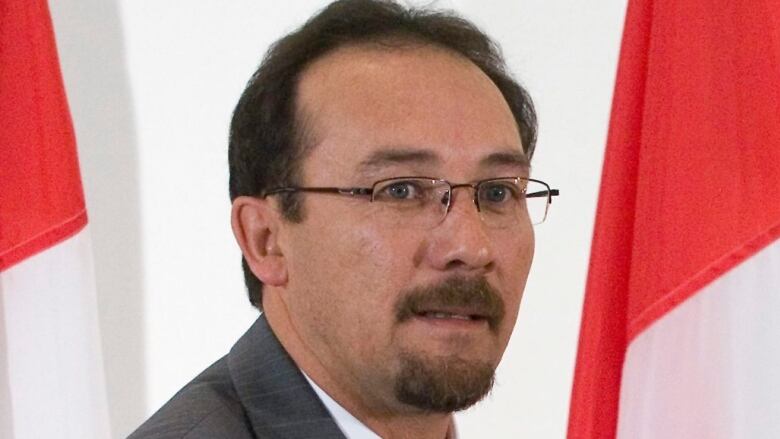Mushkegowuk Council grand chief concerned about Weeneebayko's $21M deficit
Health authority and government officials to create a plan to balance the books in the next year or two

The grand chief of theMushkegowuk Council is worried thedeficit at theWeeneebayko Area Health Authority is a crisis that may impact coastal communities alongJames Bay.
Weeneebayko has compiled a $21-million deficit, according to Grand ChiefJonathan Solomon.
Ontario law states health authorities must balance their budgets.
The $21 million didn't just pop up in one fiscal year.- Grand Chief Jonothan Solomon
Solomon referred to a long-standingagreement signed with the provincial and federal governments in 2007whichpromised improved health services to the far north, which, he says, haven't materialized.
The grand chief citeda long term care home for Kashechewan as one example of a commitmentthat hasn't been fulfilled.
Faced with a deficit that mustbe eliminated in short order, Solomon feareda drastic reduction in existing services.
"It's totally, totally unfair," hesaid. "The $21 million didn't just pop up in one fiscal year it grew."
Carol Philbin-Jolette with theNorth East Local Health Integration Network (LHIN)noted the actual operating deficit is $14 million, which is still significant since Weeneebayko'sannual budget is $24 million.
The network's senior advisor for the James Bay Coast said the health authorityandgovernment officials need to come up with a hospital improvement plan (HIP) to find ways reduce the deficit.
"The focus of a HIP is really on creating efficiencies and seeing if there are some cost-savings around that," she said.
Services are not at risk but how they are delivered may have to be altered under a new plan, Philbin-Jolette added.
Similar plans aretypically a year long, she said, but may be extended to two years.












_(720p).jpg)


 OFFICIAL HD MUSIC VIDEO.jpg)
.jpg)



























































































